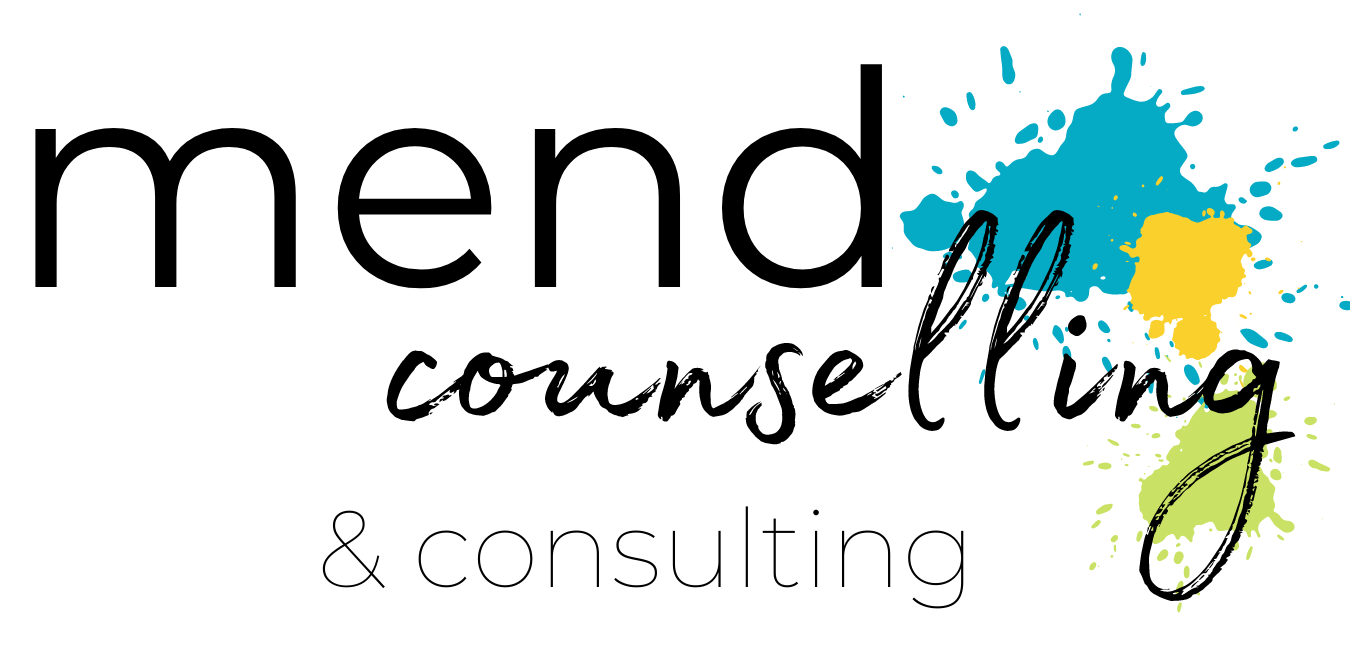Ready for therapy?
@lindsaybraman
Are you ready for therapy?
Therapy involves looking at your patterns and sometimes painful experiences. Entering therapy requires an open honest self-assessment that can, at times, feel raw and exposing. It also can feel relieving and healing. Therapy is not a quick fix, or a magic bullet. Change will come in fits and starts. So are you ready? Here are 5 things you should consider before starting therapy.
Are you ready and willing to notice your Inner dialogue? What do you say to yourself? What triggers this? When does it happen? When did it start? Who gave you these ideas about yourself? If you have not yet noticed this, take some time to engage in journalling. Writing out your experiences can help you link patterns or just notice what is.
Do you know what your goals are beyond just wanting a behaviour or symptom to stop? What would you like your life to look like in a year?
Are you prepared to challenge your thoughts and try new ways of being? Are you open and ready to learning new coping skills?
Are you ready for change? With change comes a lot of flux. Change and growth is exciting! But it can also feel uncomfortable & disrupting.
Can you tolerate feeling a little worse before you feel better? When you start unpacking your history, this can cause a torrent of new insights and emotions. Being validated and challenged can feel wonderful, but also come with a realization of what you have been through. Remember you may have has these patterns for 5, 10, 20 + years, this can take time to untangle.
Ways to get ready
Engage in journalling. Journalling is a great way to start expressing what is unconscious and bringing it to the conscious. If you feel resistance to this, ask why? Answer this question. What have you been containing? How does avoidance help you?
Just start noticing your body reactions and take note. Notice things that trigger you. Notice what calms you. Notice what your impulses are
Look at your symptoms and triggers. Is there a common link?
Talk to others about their experience in therapy, what did they like? What did they not like? What have you responded to in the past when working with a counsellor?
Notice any resistance you feel having read this. Do you feel the brakes in your body and brain going off? Notice this and question why.
Adjust your expectations. Therapy, even EMDR, is not a quick fix. Expect a year of dedicated, regular therapy to be the minimum.
Research is clear that those who engage in between session in thoughtful inquiry are more likely to see results from therapy. Most of the growth you will see will be outside of session time.

